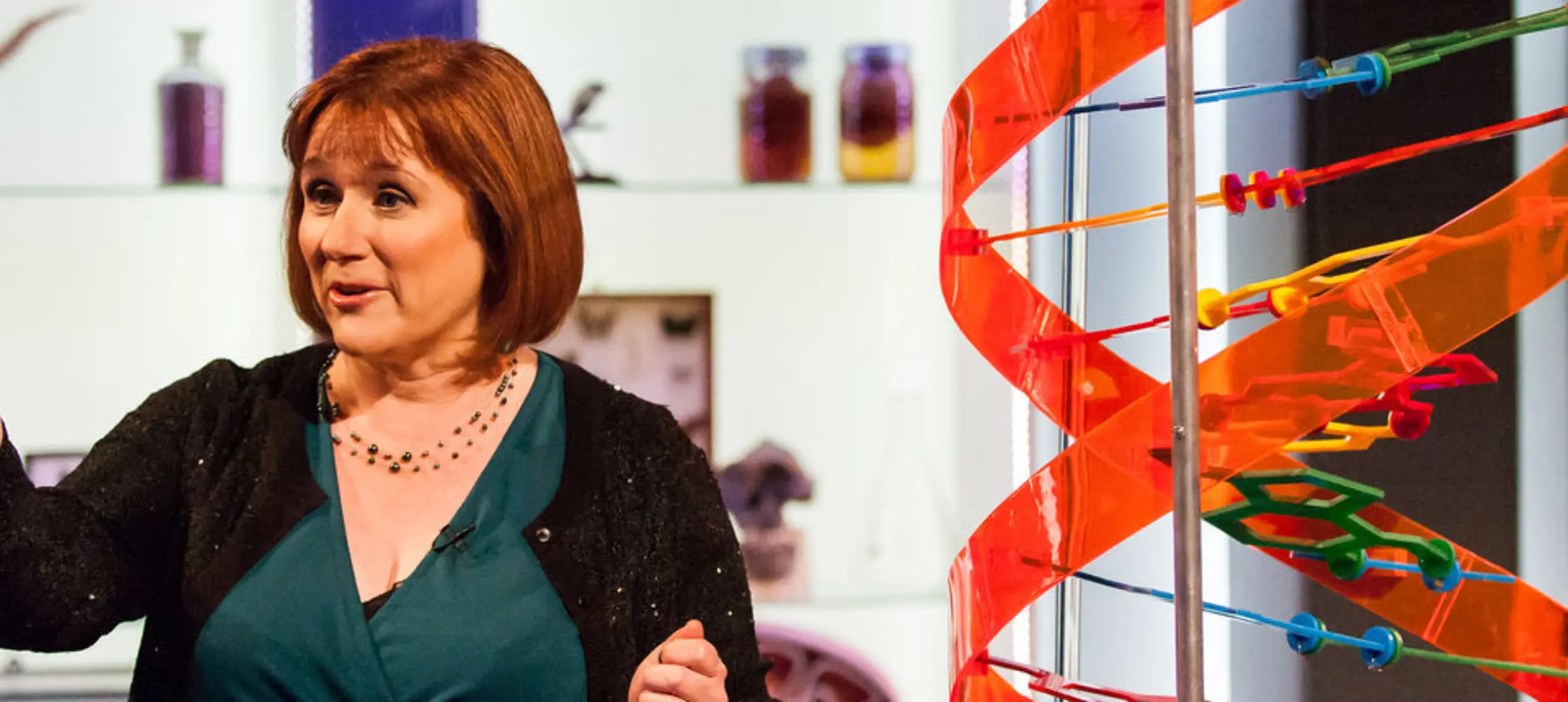More information
The founder of the Genetics Society, William Bateson, was the first person to use the term ‘genetics’ and saw it as the vehicle for Darwin’s process of natural selection.
He wrote, in 1913:
The concept of evolution as proceeding through the gradual transformation of masses of individuals by the accumulation of impalpable changes is one that the study of genetics shows immediately to be false. Once for all, that burden so gratuitously undertaken in ignorance of generic physiology by the evolutionists of the last century may be cast into oblivion. For the facts of heredity and variation unite to prove that genetic variation is a phenomenon of individuals.
Today, our understanding of genetics has moved on considerably. We have sequenced the genomes of well over 10,000 organisms, but there is still so much that remains unknown.
100 years after the founding of the Genetics Society, geneticists work in a huge range of sectors; from forensic crime to personalised medicine. Genetics makes a significant contribution to the UK economy.
Get involved
The Ri and the Genetics Society are keen to work in collaboration with likeminded individuals, organisations and companies across the UK to bring genetics to life for as many people as possible in the centenary year. If you are interested in finding out more, please email Cristina Fonseca.
Genetics Society centenary
Two of Britain’s leading science organisations, the Royal Institution (Ri) and the Genetics Society, have today announced a major three-year partnership to celebrate the Genetics Society’s centenary in 2019.
Founded by William Bateson in 1919, the Genetics Society is one of the oldest learned societies devoted to genetics. The society acts to support and promote research and teaching of Genetics in the UK. It covers the study of genomes, genes and gene action, and embraces scales ranging from the molecular and cellular to the population and ecosystem level. Today it boasts a membership of over 1800 people including researchers, teachers and students.
The Ri is a leader in public engagement in science. For over 200 years, the organisation has brought the world’s leading thinkers together with the public in its famous theatre, to critically examine the way science affects our lives. Through its education programmes the Ri inspires and equips everyone with the confidence to ensure children of all backgrounds can build a lifelong interaction with science.
Together the Ri and the Genetics Society will deliver a nationwide celebration of genetics and showcase the vital contribution genetics makes to our lives.
Gail Cardew, Professor of Science, Culture and Society at the Ri, said: “Over the past 100 years, the science of genetics has revolutionised countless areas of our lives, from fertility to fighting crime. The Genetics Society has been at the cutting-edge of this essential area of science, and by partnering with the Royal Institution, we hope that together we can spark a national conversation about the role of genetics in society.”
The nationwide programme of events will be guided by a working group featuring key stakeholders from academia, industry and learned societies. The aim is to encompass a diverse range of activities; from live events to digital content with something for adult and family audiences alike. The year-long celebrations will be planned with legacy in mind, from films to workshops that can be enjoyed in the years to come.
Professor Alison Woollard, vice president of the Genetics Society said: “We at the Genetics Society are delighted to launch our public engagement partnership with the Royal Institution. As we prepare for our 2019 centenary celebration year we are very excited about raising the public profile and understanding of genetics. We have plans to conduct research on public perceptions of genetics, to record the history of genetic ideas, to inform, inspire and collaborate with exciting events, and much more. Partnership with the Ri, with its world-class reputation for public engagement, is a fantastic opportunity for us and we very much look forward to collaboration and co-production over the next three years.”
